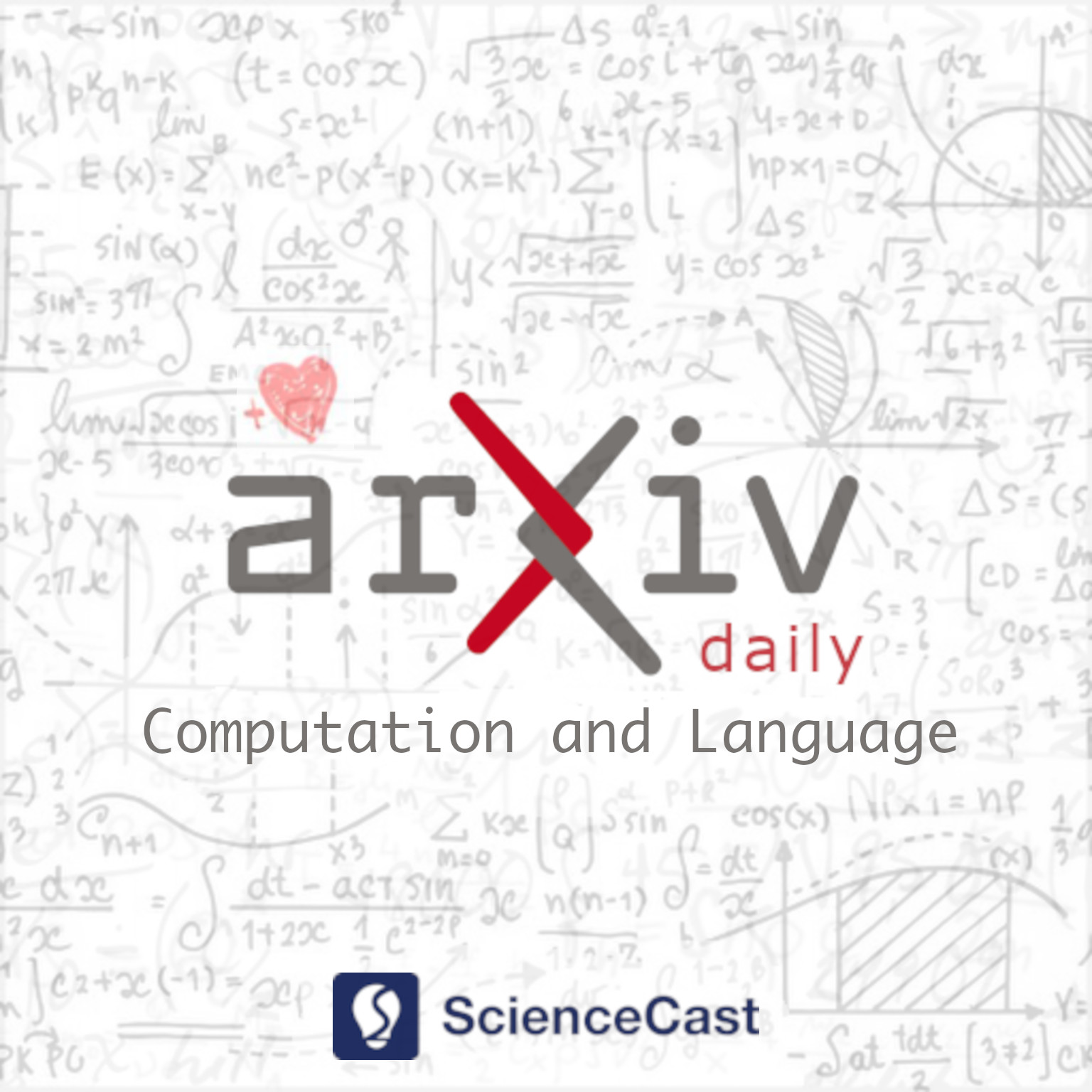
Computation and Language (cs.CL)
Thu, 10 Aug 2023
1.A Novel Self-training Approach for Low-resource Speech Recognition
Authors:Satwinder Singh, Feng Hou, Ruili Wang
Abstract: In this paper, we propose a self-training approach for automatic speech recognition (ASR) for low-resource settings. While self-training approaches have been extensively developed and evaluated for high-resource languages such as English, their applications to low-resource languages like Punjabi have been limited, despite the language being spoken by millions globally. The scarcity of annotated data has hindered the development of accurate ASR systems, especially for low-resource languages (e.g., Punjabi and M\=aori languages). To address this issue, we propose an effective self-training approach that generates highly accurate pseudo-labels for unlabeled low-resource speech. Our experimental analysis demonstrates that our approach significantly improves word error rate, achieving a relative improvement of 14.94% compared to a baseline model across four real speech datasets. Further, our proposed approach reports the best results on the Common Voice Punjabi dataset.
2.Few-Shot Data-to-Text Generation via Unified Representation and Multi-Source Learning
Authors:Alexander Hanbo Li, Mingyue Shang, Evangelia Spiliopoulou, Jie Ma, Patrick Ng, Zhiguo Wang, Bonan Min, William Wang, Kathleen McKeown, Vittorio Castelli, Dan Roth, Bing Xiang
Abstract: We present a novel approach for structured data-to-text generation that addresses the limitations of existing methods that primarily focus on specific types of structured data. Our proposed method aims to improve performance in multi-task training, zero-shot and few-shot scenarios by providing a unified representation that can handle various forms of structured data such as tables, knowledge graph triples, and meaning representations. We demonstrate that our proposed approach can effectively adapt to new structured forms, and can improve performance in comparison to current methods. For example, our method resulted in a 66% improvement in zero-shot BLEU scores when transferring models trained on table inputs to a knowledge graph dataset. Our proposed method is an important step towards a more general data-to-text generation framework.